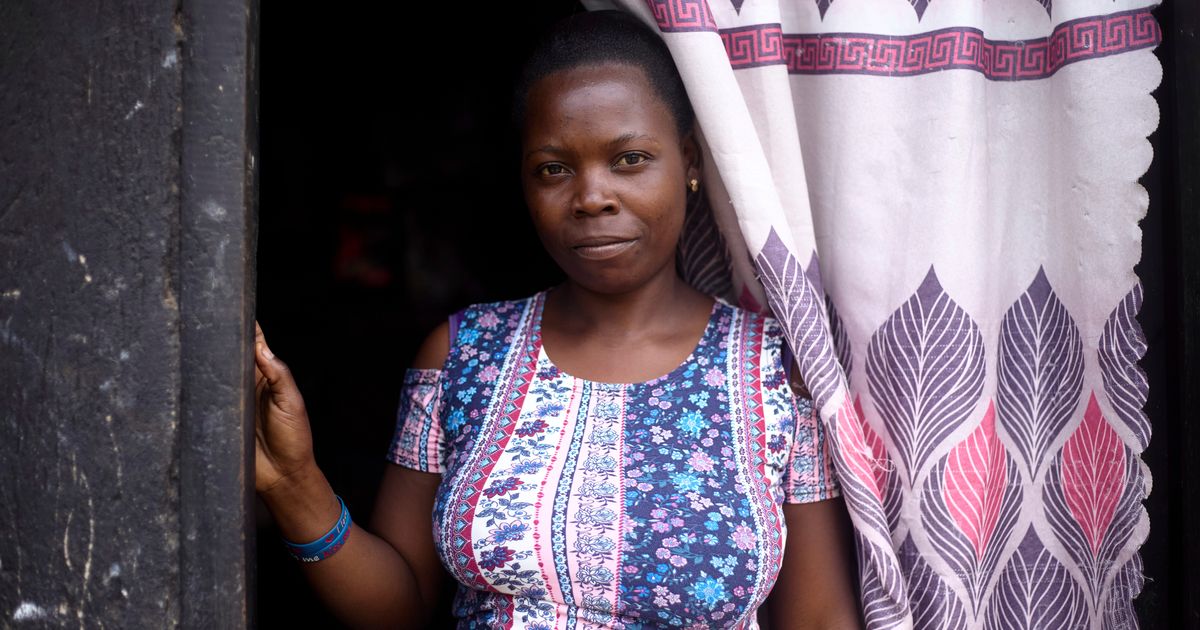Game-Changer for Ugandan Babies: New Malaria Drug Offers Lifeline to Families and Healthcare Workers

A Ray of Hope in the Fight Against Malaria in Uganda
KAMPALA, Uganda – The battle against malaria in Uganda has received a significant boost with the introduction of a new drug specifically designed for infants. For families and healthcare workers, this development represents a crucial step forward in protecting the most vulnerable members of society from this devastating disease.
The story of Alice Nekesa serves as a stark reminder of the tragic consequences of untreated malaria, particularly during pregnancy. Last year, while in her fourth month, Alice experienced bleeding, tragically leading to a miscarriage. Doctors later attributed this devastating loss to malaria, highlighting the silent threat the disease poses to expectant mothers and their unborn children.
Why This New Drug Matters
Malaria remains a leading cause of illness and death among children under five in Uganda. Existing treatments, while effective, often present challenges in reaching remote communities and ensuring adherence to complex dosage schedules. This new drug offers a simplified and more accessible solution, particularly for infants and young children who are most susceptible to severe malaria complications.
The drug's formulation is designed to be easily administered, potentially improving compliance and reducing the burden on healthcare facilities. Early trials have shown promising results, with a significant reduction in malaria cases and related hospitalizations among infants participating in the studies. This translates to fewer lives lost and healthier families.
Impact on Healthcare Workers
Healthcare workers in Uganda are often on the front lines of the malaria battle, facing limited resources and challenging conditions. The availability of this new drug eases their workload and empowers them to provide more effective care. It reduces the need for complex diagnostic procedures and allows for quicker intervention, ultimately saving lives.
Looking Ahead: Challenges and Opportunities
While the introduction of this new drug is a major achievement, challenges remain. Ensuring equitable access to the drug across all regions of Uganda, particularly in remote areas, is crucial. Furthermore, continued education and awareness campaigns are needed to promote preventative measures, such as the use of mosquito nets and timely diagnosis and treatment of malaria.
The Ugandan government, in collaboration with international health organizations, is committed to scaling up the distribution of the new drug and integrating it into existing malaria control programs. This collaborative effort holds immense promise for significantly reducing the burden of malaria and improving the health and well-being of Ugandan children and families. The story of Alice Nekesa, though tragic, underscores the importance of these efforts and the potential of this new drug to prevent similar losses in the future.





